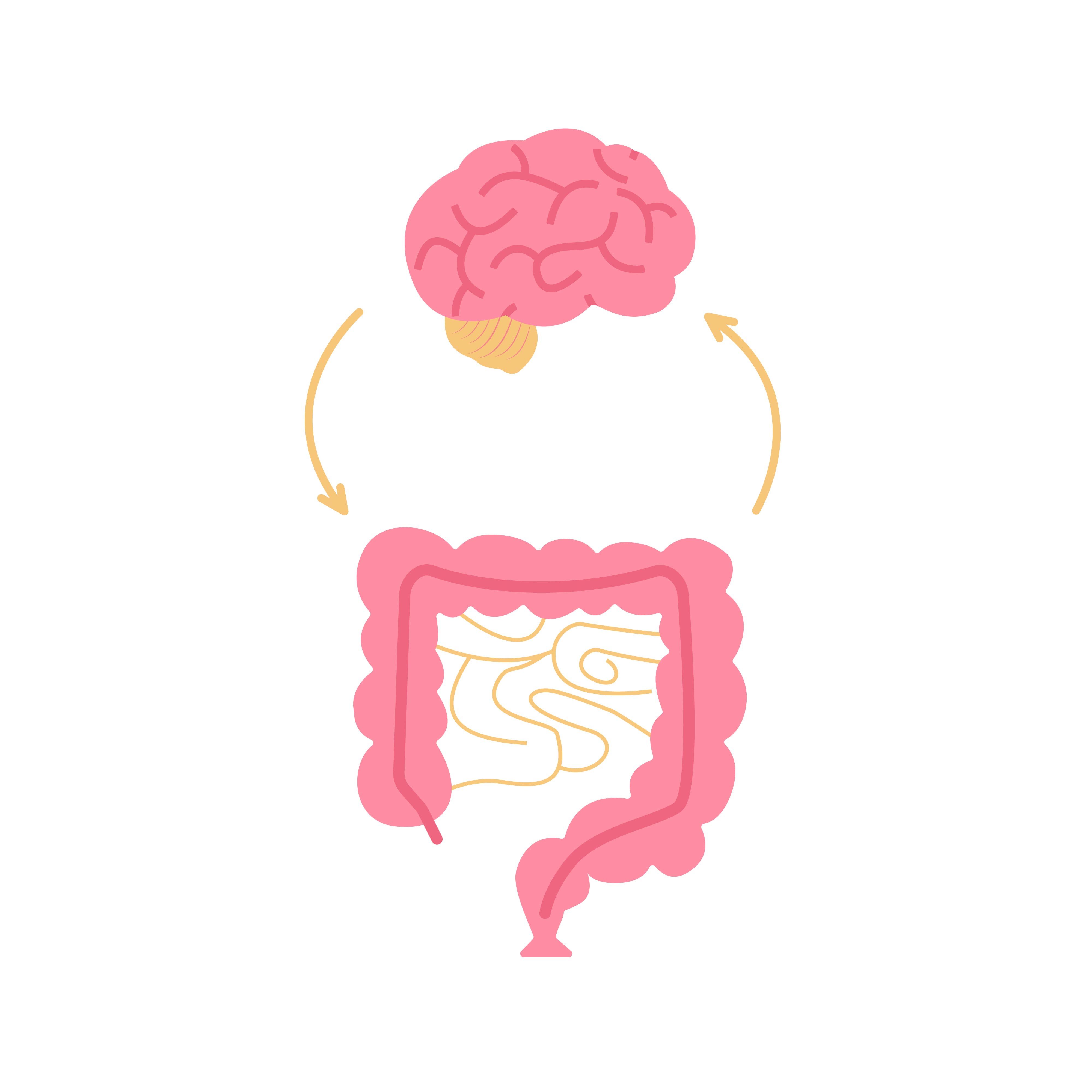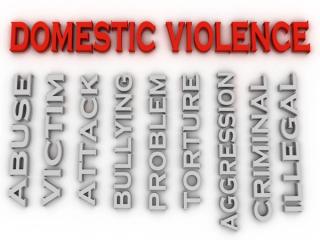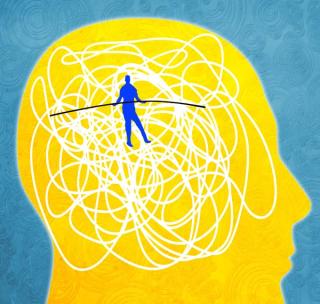
Trauma And Violence
Latest News
Latest Videos
CME Content
More News

For this doctor, silence on the violence in the Middle East is a betrayal.
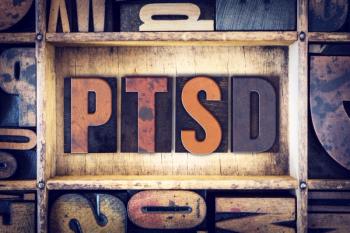
What can we learn from war trauma?

What did Einstein and Freud have to say about war, and how does it apply today?

What is new in research on posttraumatic stress disorder?
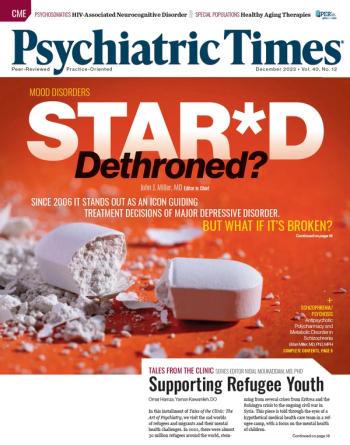
The experts weighed in on a wide variety of psychiatric issues for the December 2023 issue of Psychiatric Times.
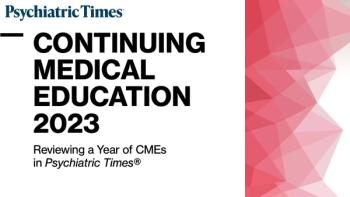
Reviewing a year of CMEs in Psychiatric Times®

From a new look at the famous STAR*D study to updates from the National Academy of Sciences Conference on Adult ADHD, here are highlights from the week in Psychiatric Times.

How can we help refugee youth engage in positive coping strategies and heal from their trauma?

With hate speech prevalent on college campuses and elsewhere, a psychiatrist ponders the psychiatric perspective and importance of therapeutic speech.

From late-life treatment-resistant depression to the mental health benefits of gratitude, here are highlights from the week in Psychiatric Times.

In this CME, review the risks and clinical implications of intimate partner violence on women’s substance use and treatment.

A poetic conversation among a Palestinian Israeli psychologist, an Italian Canadian psychiatrist, and a Canadian United Church Pastor in a time of war.

How can we prevent retraumatization of vulnerable individuals and enable them to seek redress?

From sleep and neuroendocrine function following TBI to new phase 3 results from a clinical trial evaluating a promising new schizophrenia treatment, here are highlights from the week in Psychiatric Times.

Is the world safe for our grandchildren?

Just because a patient has anxiety or past trauma does not mean they cannot enjoy this spooky holiday…
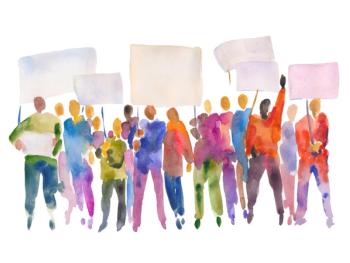
We must come together to find peace, says one doctor.

From deep brain stimulation for treatment-resistant schizophrenia to a look at the potential trajectory of artificial intelligence in psychiatry and medicine, here are highlights from the week in Psychiatric Times.

“Israel is experiencing national trauma—one that is believed to signal long-lasting implications for the future.”

October is national Domestic Violence Awareness Month. What violence do we see reflected abroad and at home?
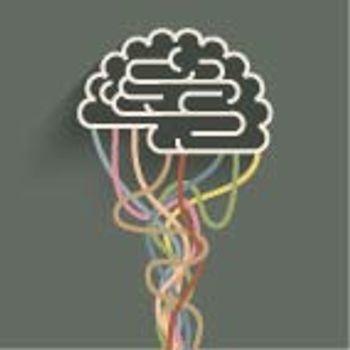
Here’s how psychiatry can be applied to make sense of the violence.

Psychiatry will be needed to help heal the mental wounds in the Mideast.

A psychiatrist reflects on blue fortitude as he visits the Columbine Memorial.

From new research on treatment-resistant major depression to strategies for supporting trauma-affected refugee youth, here are highlights from the week in Psychiatric Times.

Look through the eyes of a medical health care team in a refugee camp with a focus on children’s mental health.





